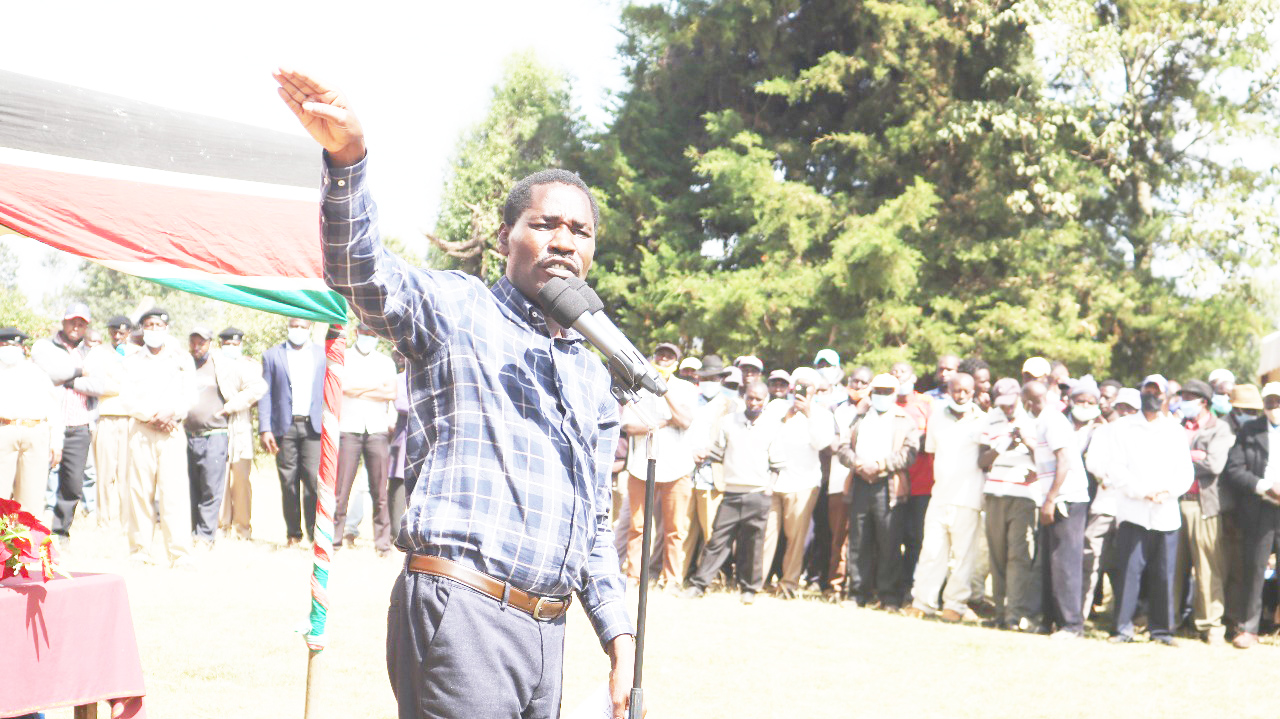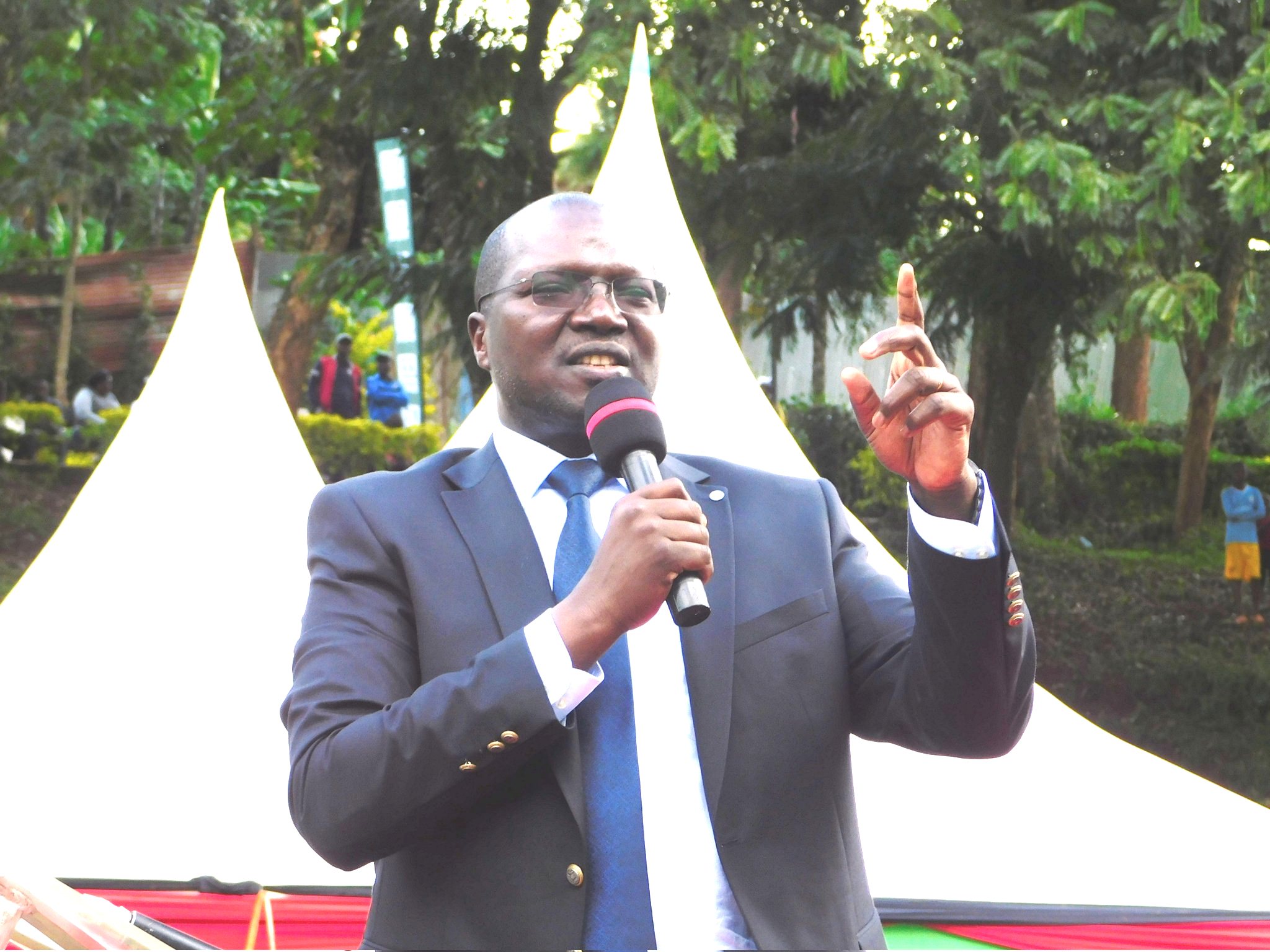By Kamundia Muriithi
The government plans to modernize coffee factories and implement the use of technology trading.
Apart from the use of ICT in all operations, they will also roll out soil testing in coffee growing zones in a bid to revive the sub-sector.
Agriculture CS Peter Munya has said they have set aside Sh7 billion for the Coffee Revitalization Project.
The government will also use the fund to recruit extension officers who will guide farmers on best agronomical practices in coffee production.
He was speaking during a public participation exercise in Embu on modernizing coffee factories and the Coffee Bill 2020.
Munya said in addition farmers will benefit from low interest loans of 3% through the Cherry Advance Coffee Fund.
He said the government has set aside Sh3 billion for the fund and coffee delivered to the factory will act as the collateral.
The government has also issued coffee cooperatives a 14-days ultimatum to ensure the farmers fill the forms and process their loans to improve the uptake of the funds.
“The uptake of the fund is still low. We want farmers to access the low interest loans so that they can purchase inputs and benefit from their enhanced production,” he said.
Munya also noted that the Ministry of Agriculture is drafting coffee regulations which after public participation and approval by legislators will streamline the coffee sector.
“The regulations will bar millers from buying coffee and providing loans and advances to farmers because of conflict of interest,” he said.
The regulations have also capped loan interest by financial institutions at 5% in order to protect small farmers from exploitation by the institutions
The operation fees charged by coffee societies have been capped at to 5% from 20% which they are currently charging.
Munya added that the regulations have capped marketing fee at 2.5% and milling loss at 19% adding that research done has shown milling loss cannot exceed 18% though millers are currently charging it at 24%.
“If the society wishes to increase the percentage it must have the consent of farmers and minutes sent to Commissioner of Cooperatives before they are approved by the CS,” he said.
The CS noted the regulations will establish a Digital Settlement System where the marketer will deposit all the proceeds from the sale in a Direct Settlement Account which will be under the Coffee Board of Kenya and once all the deductions are done, the rest of the money will be sent directly to farmers within 14 days.
For efficient performance in the sector, Munya said the government will reinstate coffee related institutions such as Coffee board of Kenya, Coffee Research Foundation and Coffee Exchange among others.
Once the new regulations are approved, contracts entered between coffee millers and factories would be amended.
“In the new regulations, factories have the right to choose their millers which will be done during Annual General Meetings and the minutes sent to the Coffee Board of Kenya and the Commissioner of Cooperatives,” he said.
The CS said any factory directors who choose their millers without involving the farmers will be violating the regulations and are liable to prosecution.
Embu farmers appreciated and approved the regulations saying they are now ready to revitalize coffee farming.
Munya was flanked by CAS Anne Nyaga and other Embu leaders for public participations at Rukuriri, Runyenjes and Kathanjure.
Nominated MP Cecily Mbarire noted that for a long time the coffee sector was faced with problems of brokers and cartels leading to low proceeds for coffee.
She welcomed the regulations in the draft Coffee Bill 2020 that will link farmers direct to the market.
Embu Senator Njeru Ndwiga appreciated the regulations and the noted that digital controlled alarm systems in coffee factories will bring to an end coffee theft.


